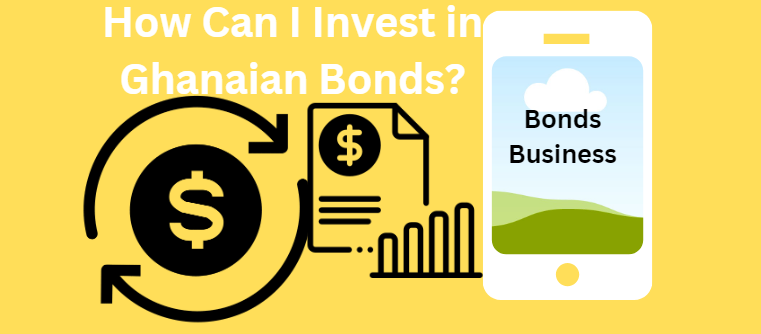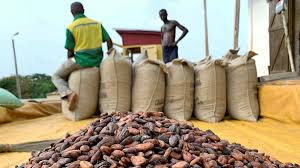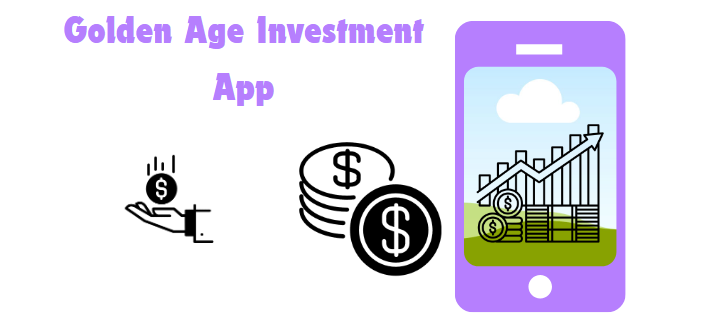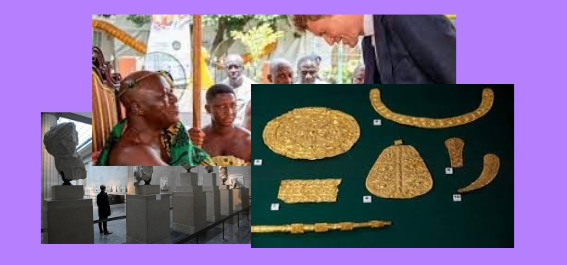
How Can I Invest in Ghanaian Bonds?
It always great ideas to start Investing in Ghanaian Bonds. Bonds are a kind of financial instrument that let investors lend money to companies. Or governments in return for regular interest payments and the principle amount returned when the bond matures. The Bank of Ghana and the Government of Ghana issue bonds to raise money for different development initiatives. We will present a thorough about how you can Invest in Ghanaian Bonds. A guide along with details on current bond yields, interest rates, and minimum investment quantities.
10-Year Bond Yield in Ghana
The yield on a 10-year bond refers to the annual rate of return that an investor can expect to earn from holding that bond over its 10-year term. According to data from the Bank of Ghana, as of October 2021, the yield on the 10-year Government of Ghana bond was around 16.3%. This yield is subject to change based on market conditions and investor demand. (Source: Bank of Ghana)
Interest Rates on Bonds in Ghana
Bond issues and durations in Ghana have an impact on interest rates. Because longer investment horizons carry a larger degree of risk, longer-term bonds frequently provide higher yields than shorter-term bonds. As mentioned before, in October 2021, the yield on the 10-year Government of Ghana bond was around 16.3%. While shorter-term Treasury notes have lower yields, they pay interest more often. For instance, the yield on a 91-day Treasury bill was around 14.8% as of October 2021, while the yield on a 364-day Treasury note was approximately 15.7%, based on statistics from the Bank of Ghana. (Source: Ghana Bank.)
How Much Money Do I Need to Invest in Bonds?
The minimum investment required to purchase bonds in Ghana varies depending on the bond issuance and the location of the transaction. In general, you have three options for purchasing bonds: directly from the Bank of Ghana, via a stock brokerage company, or through an approved dealing bank. Depending on various channels and certain bond issuance, there may be a minimum investment amount. For instance, as of October 2021, the minimum investment required to purchase government securities through Stanbic Bank Ghana Limited’s platform was GHS 500, or around $95. Before making a purchase, it is important to inquire about the precise minimum investment requirements of the brokerage business or financial institution of your choice. (Source: Bank of Stanbic)
How to Invest GHS 100 in Bonds
Because of their large face values and minimal investment restrictions. Individual government bonds might not be accessible for direct purchase. If you simply have GHS 100 (about $20 USD) to invest in bonds. Other choices, such as mutual funds or unit trusts that specialize in investing in government securities. Or other fixed-income instruments, are available for investing lesser sums in government assets. Investing in these schemes entails a lower minimum investment requirement than buying individual bonds directly; instead, individuals can pool their resources and invest collectively under professional supervision. Before making an investment, it is crucial to thoroughly investigate these possibilities and take into account any connected fees or costs. The National Pensions Regulatory Authority is the source.
How Much Do One-Year Treasury Bills Pay?
Governments issue Treasury notes, which have maturities ranging from a few weeks to a year. These are short-term debt instruments. One-year Treasury bill interest rates are variable and depend on the state of the market when they are issued. However, they are often lower than the yields on longer-term bonds because of their shorter maturity duration and reduced risk profile for investors. As previously stated, the yield on a one-year Treasury note was around 15.7% as of October 2021, based on information from the Bank of Ghana. It is noteworthy that these rates are liable to fluctuate at any time when the Bank of Ghana auctions off fresh Treasury notes, depending on investor demand and market conditions. Bank of Ghana, as a source
last Lines
Invest in Ghanaian Bonds involves understanding current market conditions such as prevailing yields and interest rates while considering your financial situation and risk tolerance level when deciding how much money you want or can afford to invest and through which channels(directly from the Bank of Ghana or authorized dealing banks/stock brokerages).






